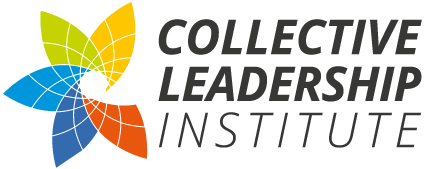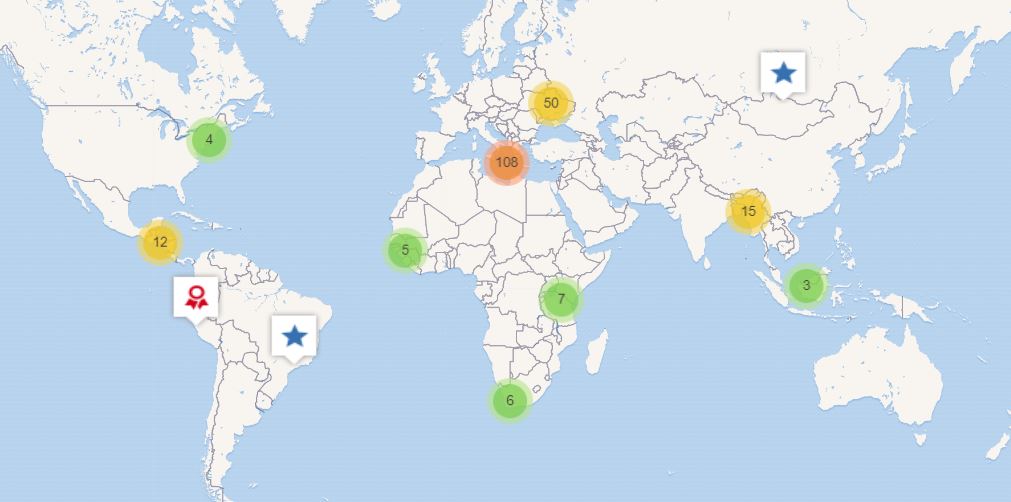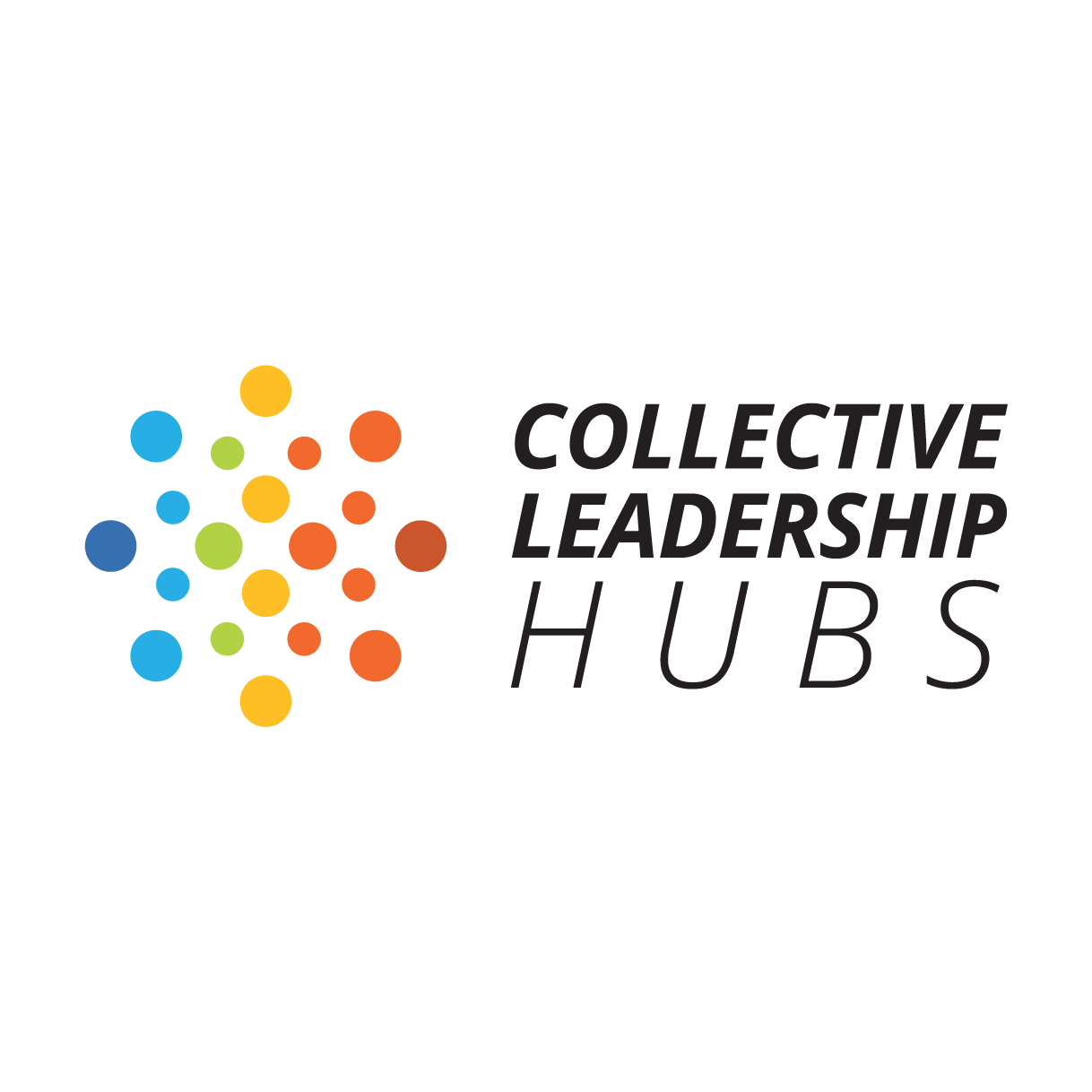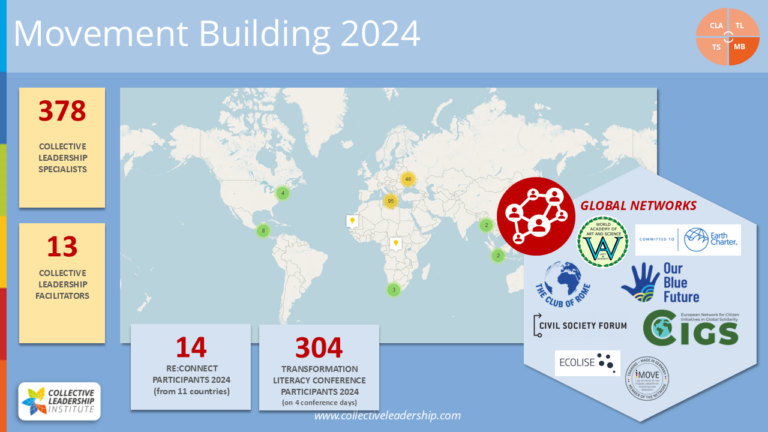We understand leadership to be the capacity of a collective to catalyse change for the common good. As our definition of the “common good” we embrace the 2030 Agenda, or the Sustainable Development Goals (SDGs), adopted by all countries in 2015. Yet global aspirations are not enough. We recognize that building collaboration capacity for implementation of the SDGs is essential for bringing about the vision of a just, peaceful, and thriving world for all life.
The challenges we face in implementing the SDGs are complex, but not insurmountable, requiring a shift from a conventional to a collective leadership paradigm that honours the intention of the global sustainability movement. Indeed, our entry point is SDG 17 which aims to: “Strengthen the means of implementation and revitalize the global partnership for sustainable development.”
To meet this challenge, CLI – together with our accredited Collective Leadership Facilitators (see below) – is building a Collective Leadership Hubs Network around the world. CLI’s vision is:
















